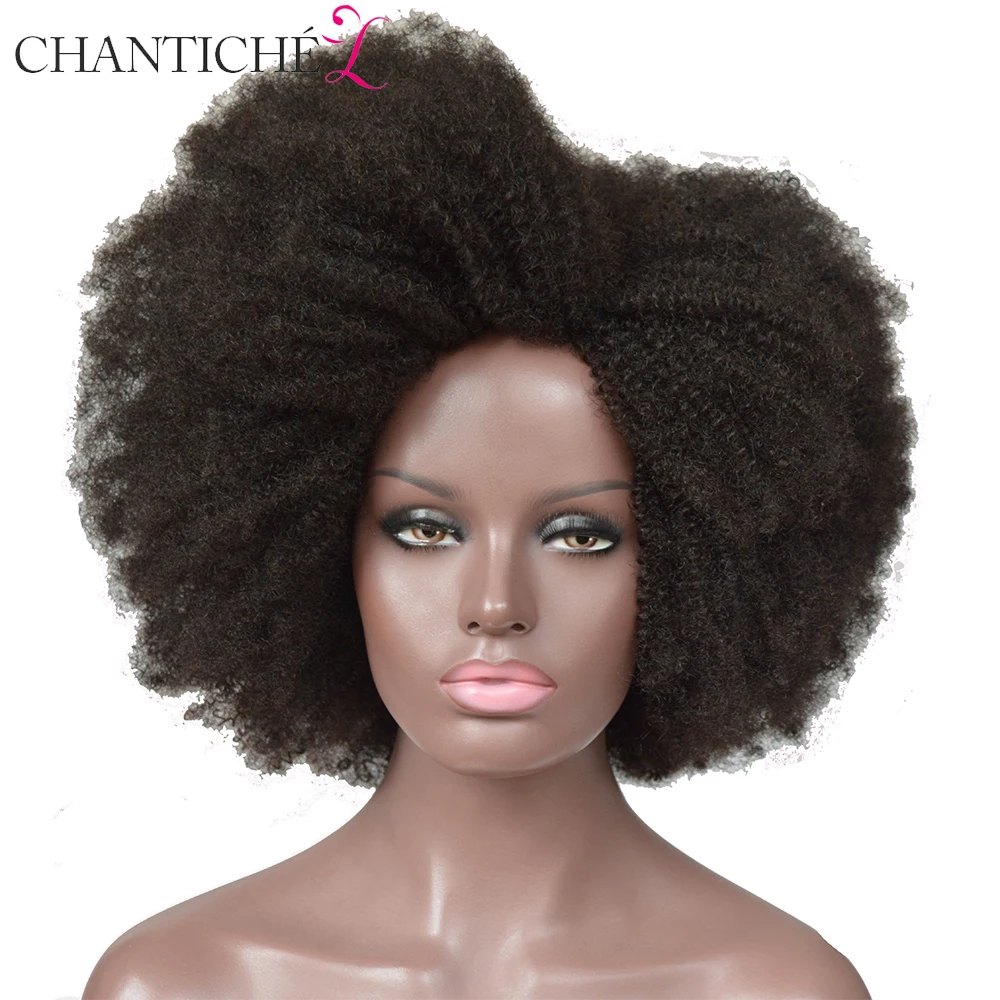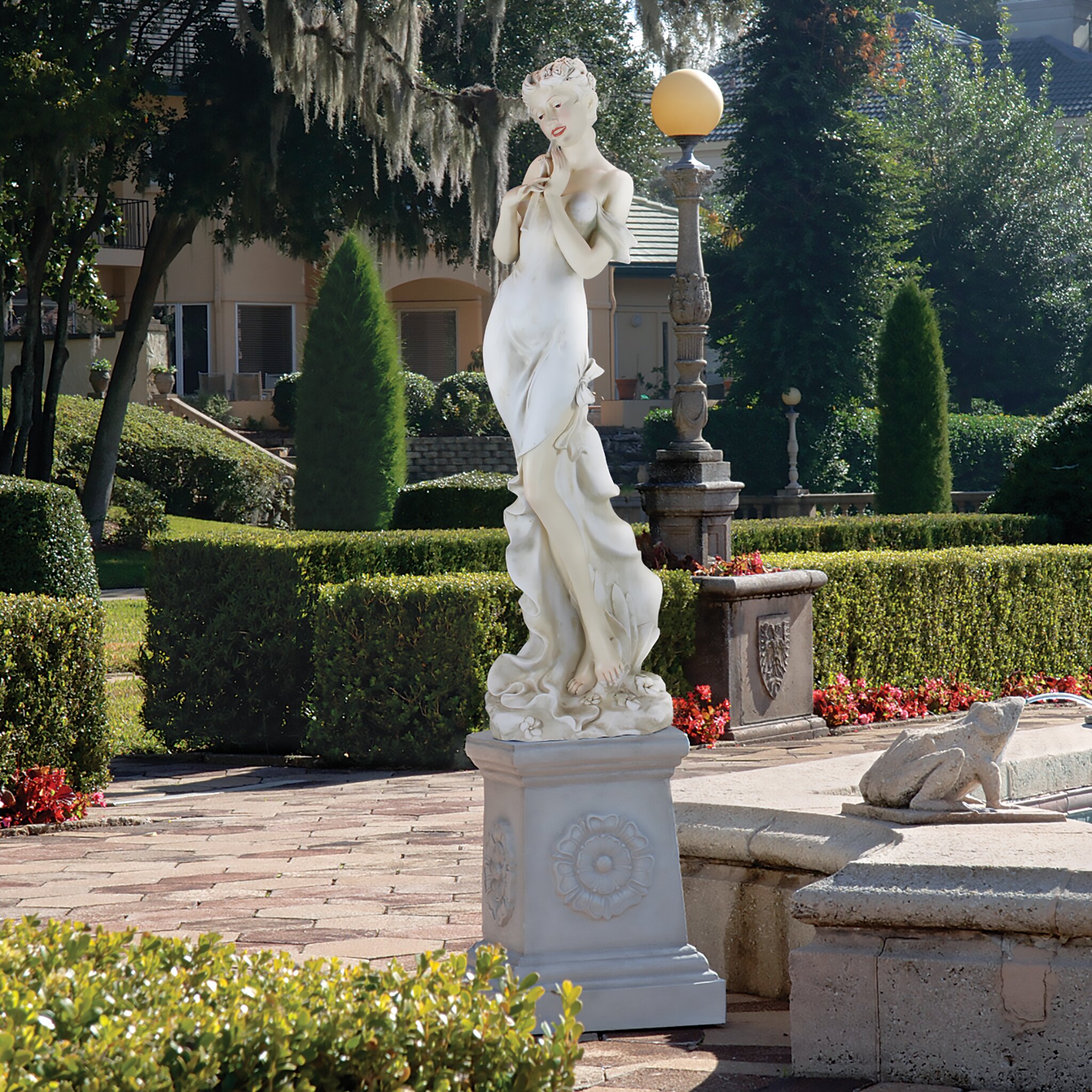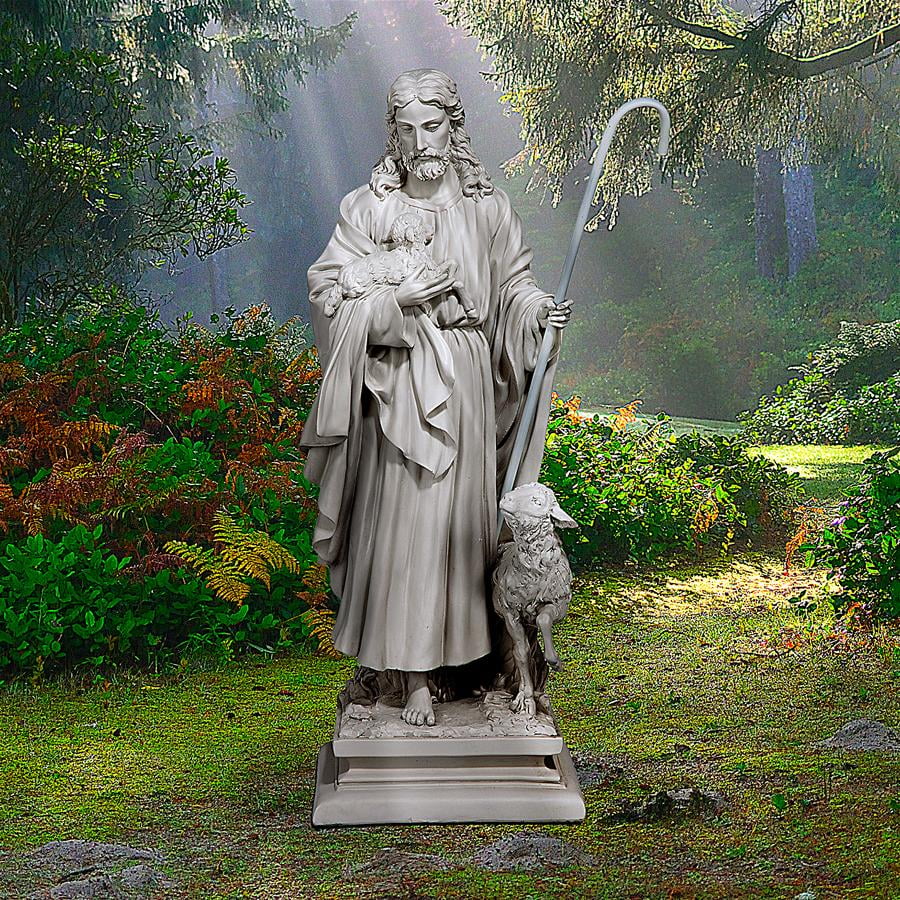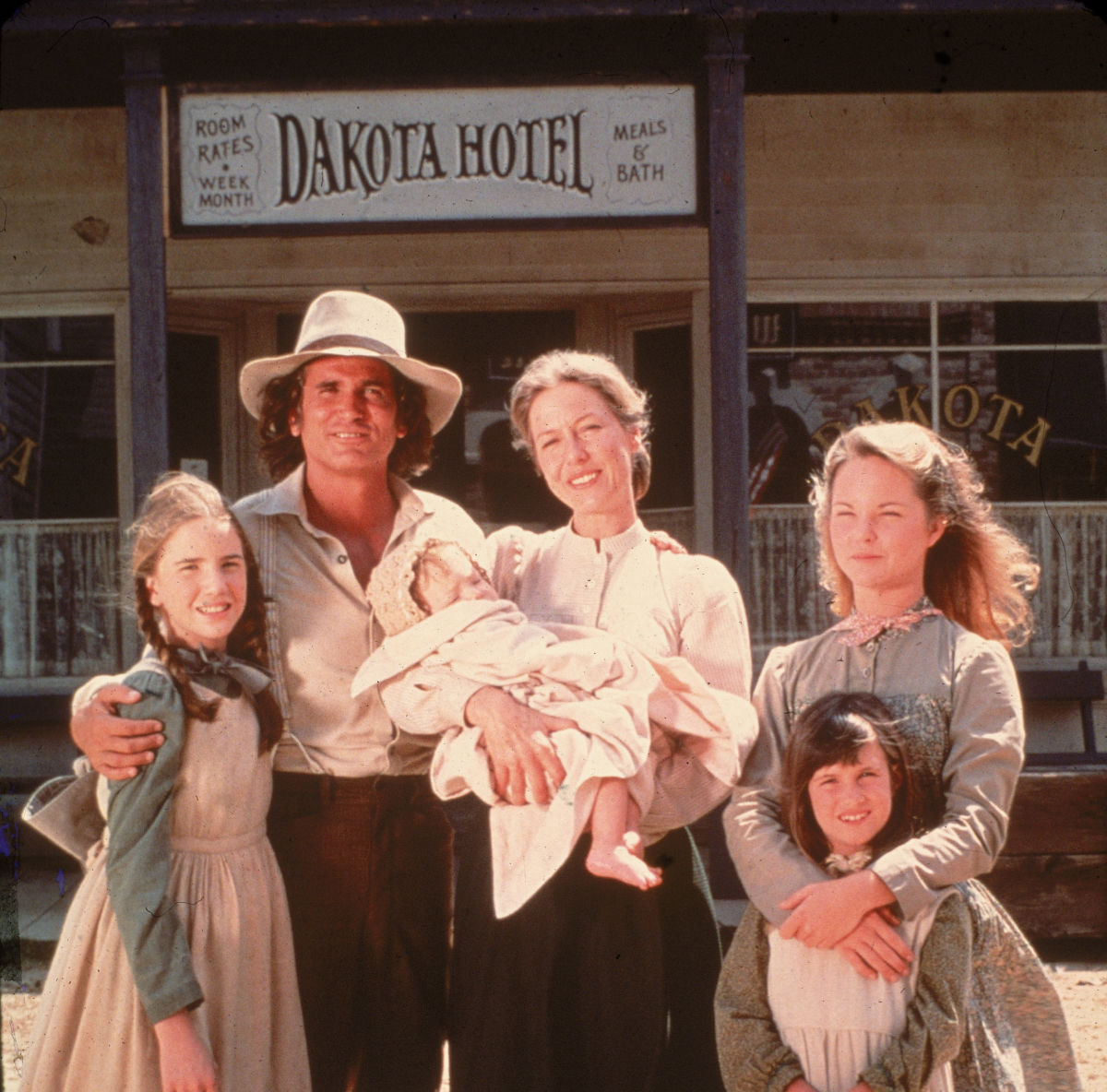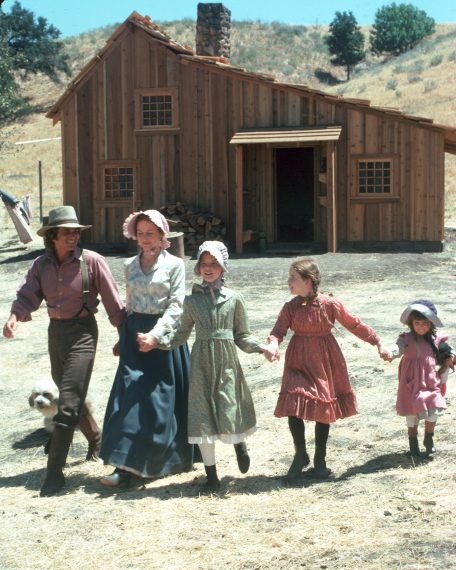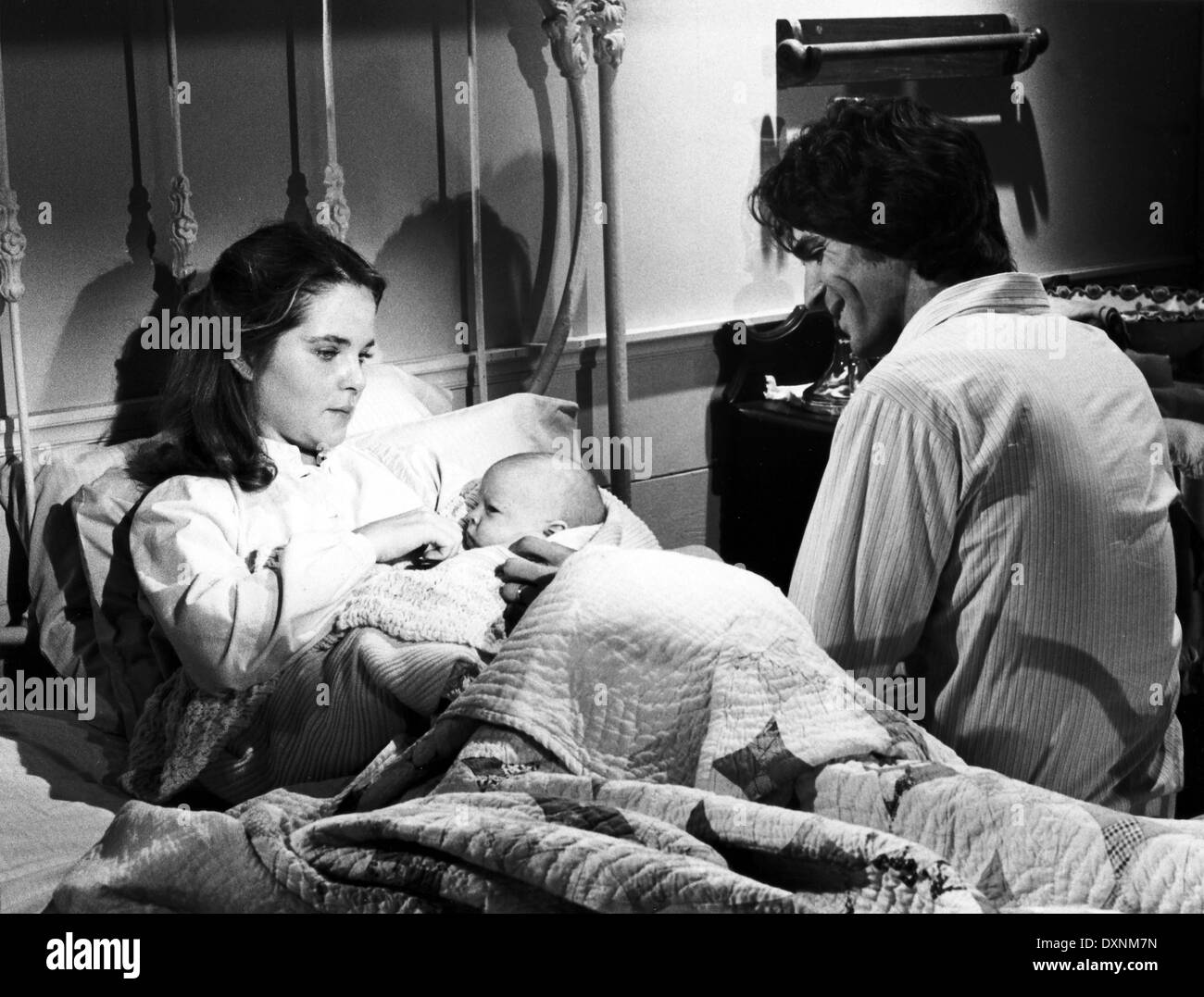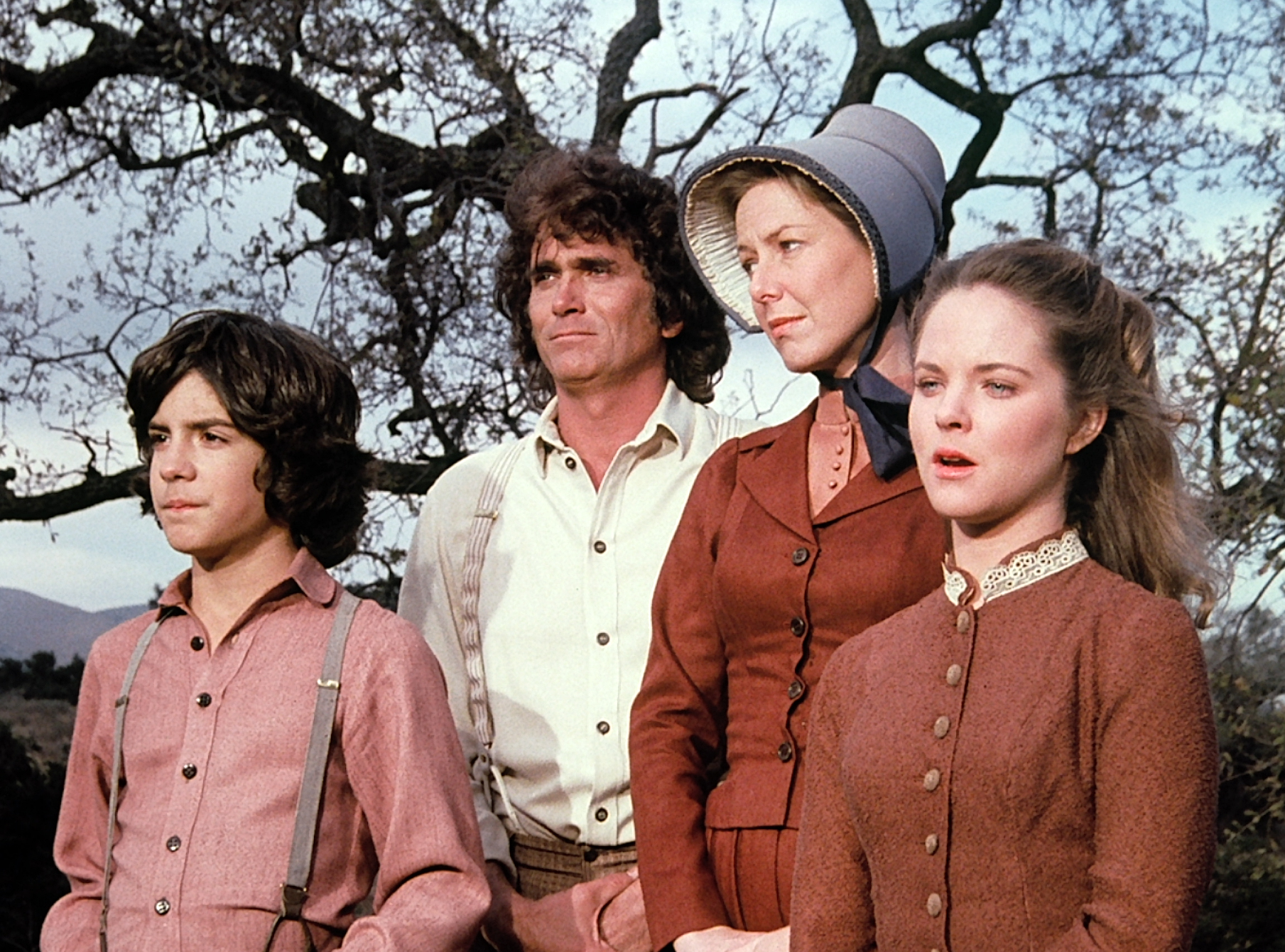Table Of Content
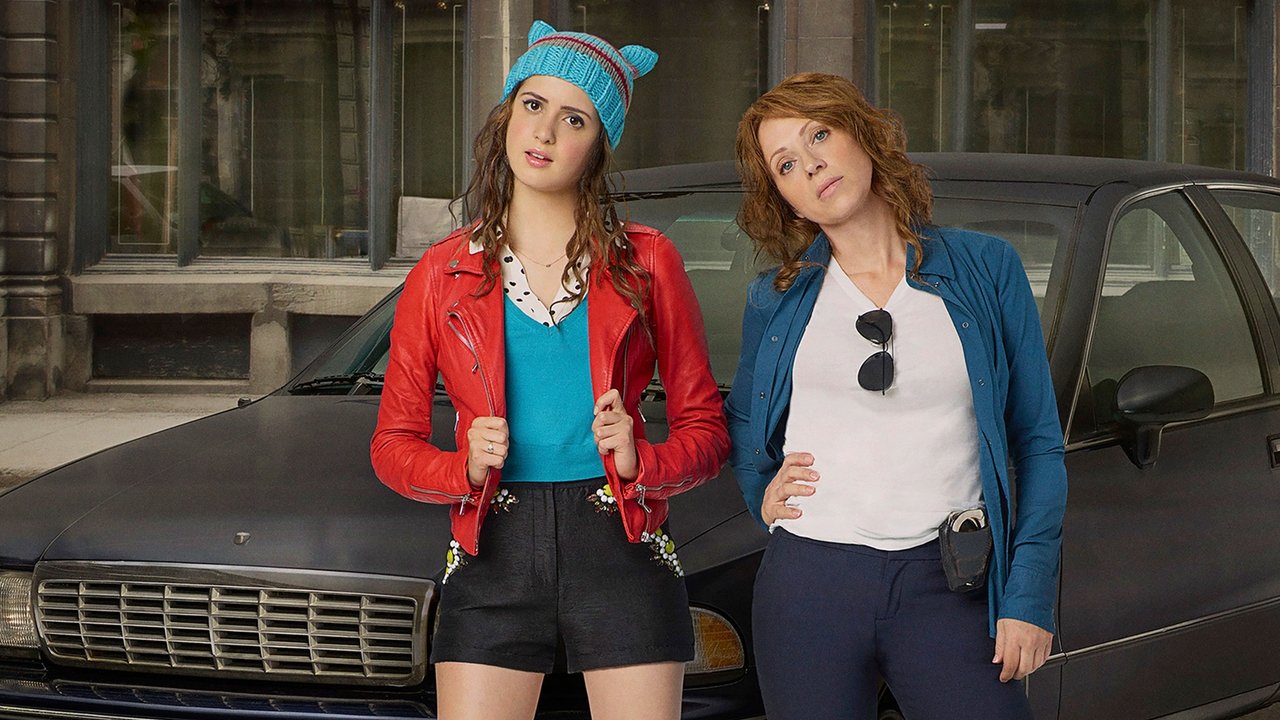
He pretends to burn his Vietnam War draft card, which Berger reveals as a library card. When “Hair” screened in Forman’s native (and those days communist) Czechoslovakia, people queued all night to get tickets. For that generation of Czechs the movie became a manifesto of longed-for freedom. However, the reason behind its popularity wasn’t a criticism of the United States, as the communist regime (mistakenly) believed. The film “Hair” tells the story of a naive boy from the American Midwest named Claude Hooper Bukowski who has been shaped by his family’s patriotism. Under the influence of a group of hippies led by the charming George Berger, Claude starts to doubt his motivation for joining the Vietnam War.
Cast & Crew
The movie's final sequences center on Savage's induction, leading to the hilarious "Black Boys/White Boys" number, an omnisexual showstopper. Twyla Tharp's choreography here is wonderfully happy and grin-inducing, as enlisted men rub legs under the table. At the 37th Golden Globe Awards, Hair was nominated for a Best Motion Picture – Musical or Comedy, and Williams was nominated for New Star of the Year in a Motion Picture – Male. The film was also nominated for Best Foreign Film at the 1980 César Awards, losing to Woody Allen's Manhattan (which was also released by United Artists).
Film Details

Perhaps none of Forman’s films were as initially underestimated as “Hair”. Before Forman and Twyla Tharp made the film, they had had no previous experience with musicals. However, Forman and Tharp demonstrated their cultivated sense of energy and the right rhythm of musical and dance performances, and together created one of the most interesting musical movies of the time. Claude, a farm boy from Oklahoma “believes in God, and believes that God believes in Claude.” Claude travels to New York as a patriot to join the Vietnam War.
Awards
His accomplishment is all the more remarkable when you reflect that when "Hair" first occupied a stage, the Russians were in the process of occupying Forman's native Czechoslovakia, and he was in the process of becoming a filmmaker without a country. The original play, you may recall, didn't exactly have what you could call much of a plot. The screenplay, by Michael Weller, remedies that, but not too much. Weller provides a framework structured around the experiences of a young Midwestern farmboy (John Savage) who takes the bus to Manhattan to be inducted into the army and makes instant friends with a family of hippies living in Central Park.
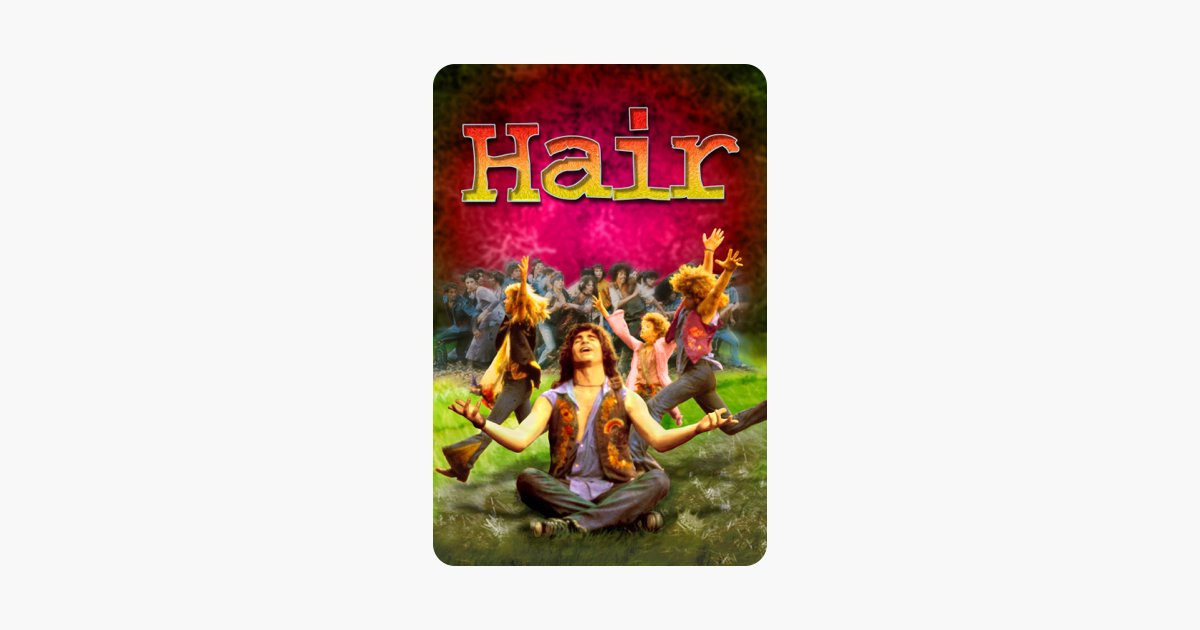
Original Motion Picture Sound Track Album on RCA Records & Tapes
This number, like a lot of the movie, is loosely structured around the political attitudes of the Vietnam era, but the politics isn't heavy-handed. And it's interesting how it recalls "Hair"'s myths of the 1960s -- especially the image of the youth culture as a repository, simultaneously, of ancient American values and the new values aborning in the Age of Aquarius. Hair was released on VHS by 20th Century Fox Video in 1982 with later VHS releases from MGM/UA Home Video (distributed by Warner Home Video). The film was released on DVD by MGM Home Entertainment on April 27, 1999, as a Region 1 widescreen DVD, and on Blu-ray on June 7, 2011. Months later, Claude, Sheila, and the tribe gather at Berger's grave in Arlington National Cemetery, whose grave marker shows that he was killed in Vietnam ("Let the Sunshine In"). The film ends at a full-scale peace protest in Washington, D.C.
Iranian women - before and after the Islamic Revolution - BBC.com
Iranian women - before and after the Islamic Revolution.
Posted: Thu, 07 Feb 2019 08:00:00 GMT [source]
That evening, Claude gets stoned on marijuana with Berger and the tribe. He is then introduced to various race and class issues of the 1960s ("Hashish", "Colored Spade", "Manchester", "I'm Black/Ain't Got No"). The next morning, Berger finds a newspaper clipping which gives Sheila's home address. The tribe members — LaFayette "Hud" Johnson, Jeannie Ryan (who is pregnant), and "Woof Dacshund" — crash a private dinner party to introduce Claude to Sheila, who secretly enjoys her rigid environment being disrupted ("I Got Life"). After Berger and company are arrested, Claude uses his last $50 to bail him out of jail — where Woof resists having his hair cut ("Hair").
Letterboxd — Your life in film
During the curtain call, the tribe reprises "Let the Sun Shine In" and brings audience members up on stage to dance. After the trip, Claude says "I can't take this moment to moment living on the streets. ... I know what I want to be ... invisible". As they "look at the Moon," Sheila and the others enjoy a light moment ("Good Morning Starshine").
Off-Broadway productions
Sheila is carried onstage ("I Believe in Love") and leads the tribe in a protest chant. Jeanie, an eccentric young woman, appears wearing a gas mask, satirizing pollution ("Air"). Although she wishes it was Claude's baby, she was "knocked up by some crazy speed freak". The tribe link together LBJ (President Lyndon B. Johnson), FBI (the Federal Bureau of Investigation), CIA (the Central Intelligence Agency) and LSD ("Initials"). Six members of the tribe appear dressed as Claude's parents, berating him for his various transgressions – he does not have a job, and he collects "mountains of paper" clippings and notes.
He soon falls in love with Sheila Franklin, a rich girl but still a rebel inside. Claude Hooper Bukowski of Oklahoma is sent off to New York City after being drafted into the Army ("Aquarius"). Before his draft board-appointment, Claude explores New York, where he encounters a close-knit "tribe" of hippies led by George Berger. The tribe moves in front of Claude as Sheila and Dionne take up the lyric. The whole tribe launches into "Let the Sun Shine In", and as they exit, they reveal Claude lying down center stage on a black cloth.
They say that they will not give him any more money, and "the army'll make a man out of you", presenting him with his draft notice. In defiance, Claude leads the tribe in celebrating their vitality ("I Got Life"). The tribe recites a list of pharmaceuticals, legal and illegal ("Hashish"). Woof, a gentle soul, extols several sexual practices ("Sodomy") and says, "I grow things." He loves plants, his family and the audience, telling the audience, "We are all one." Hud, a militant African-American, is carried in upside down on a pole.
In answer, Claude and Berger lead the tribe in explaining the significance of their locks ("Hair"). The woman states that kids should "be free, no guilt" and should "do whatever you want, just so long as you don't hurt anyone." She observes that long hair is natural, like the "elegant plumage" of male birds ("My Conviction"). After handing out imaginary pills to the tribe members, saying the pills are for high-profile people such as Richard Nixon, the Pope, and "Alabama Wallace", Berger relates how he was expelled from high school. Three tribe members dress up as principals in Hitler mustaches and swastika arm bands, mocking the American education system. Claude returns from his draft board physical, which he passed.


